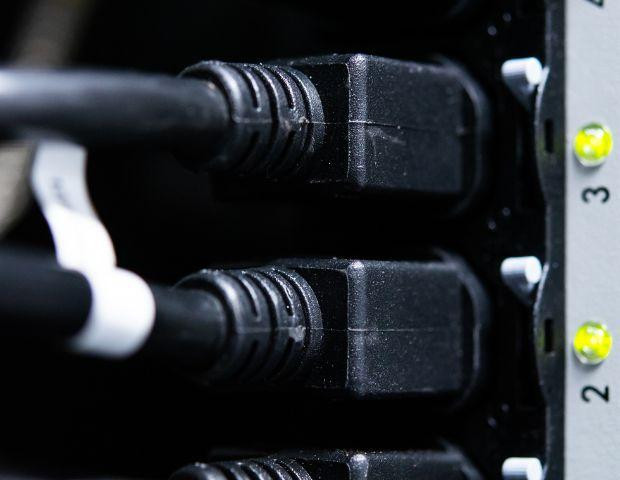Pickerington, March 2024 - In today's world, electricity fuels almost every part of our lives, from the lights in our homes to the equipment at work. While electricity has transformed the way we live and work, it also carries major hazards if not used correctly. One of the most prevalent causes of electrical risks is improperly maintained power cables.
Before getting into safety advice, it's important to understand the various hazards linked with electrical cables. Power lines that are broken, incorrectly placed, or overloaded can cause electrical shocks, fires, and even deaths. Frayed wires, exposed conductors, loose connections, and overheating are among the most common causes of power cable accidents.
Safety tips for home
Inspect regularly
Check power cords for evidence of damage, such as fraying, cuts, or exposed wires. Replace broken cables quickly to avoid accidents.
Avoid overloading outlets
Overloading electrical outlets with many gadgets can lead to overheating and an increased danger of fire. To ensure safe load distribution, use power strips with built-in surge protectors.
Unplug when not in use
Unplug any appliances or electrical gadgets that are not in use. This not only saves energy but also lowers the danger of electrical risks.
Keep cords away from heat sources
Avoid installing power cords near heat sources like radiators, heaters, or stoves because too much heat can damage the insulation and increase the danger of fire.
Use extension cords wisely
Extension cables should never be utilized as a permanent solution. Avoid daisy-chaining several extension cables since it might overload the circuit and cause a fire.
Safety tips for work
Implement cable management
Proper cable management is vital in the workplace to avoid tripping risks and keep things neat. To keep power cables organized and clutter-free, use cable organizers, trays, and clips.
Provide training
Educate personnel on the importance of power cord safety and good handling procedures. Training should include subjects like spotting faulty cables, avoiding overloading circuits, and using extension cords properly.
Use ground fault circuit interrupters (GFCIs)
Install GFCIs in locations where electrical equipment is utilized near water sources, such as kitchens, restrooms, and outdoor work areas. To prevent electrical shocks, GFCIs detect ground faults and instantly turn off power.
Perform regular maintenance
Schedule frequent inspections and maintenance of electrical systems and equipment to quickly detect and mitigate possible dangers. This involves looking for loose connections, worn-out insulation, and frayed wires.
Follow manufacturer guidelines
When utilizing electrical equipment or appliances, always follow the manufacturer's rules and requirements. Avoid altering wires or circumventing safety systems, since this may void warranties and jeopardize safety.
Power cord safety is crucial at home and in the office. High Tech Connections is the best option if you are looking for a Hospital-Grade cord, Power Supply, or AC/DC power supply. Contact them by writing to engineering@hightechcords.com, hightechconnections@usa.net or call (614) 920-0853.

